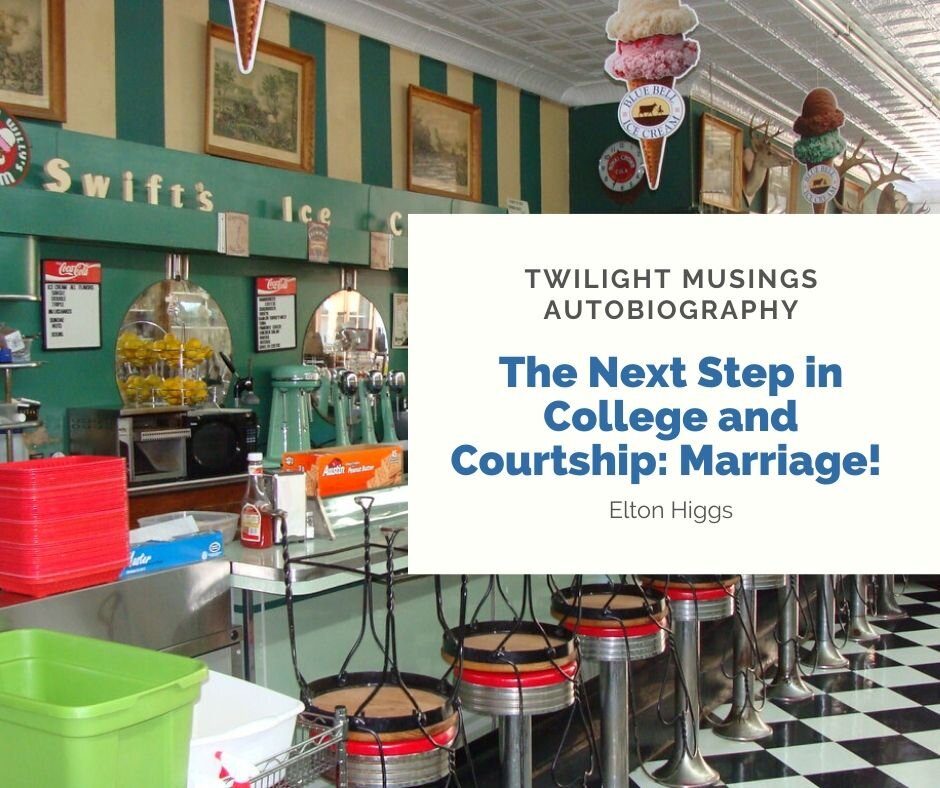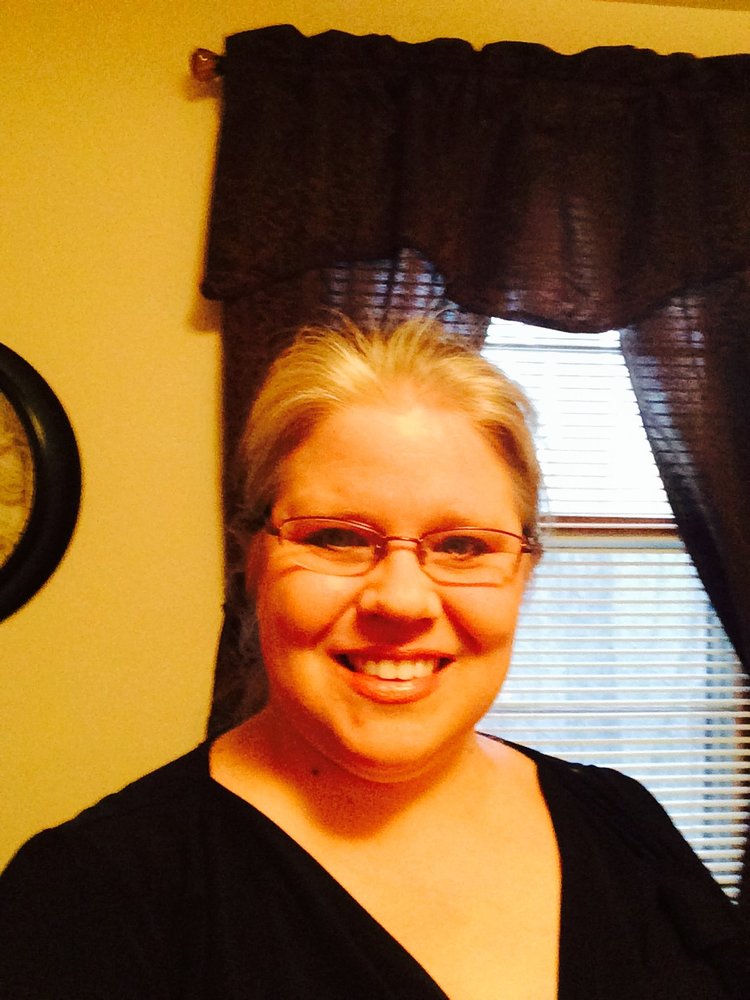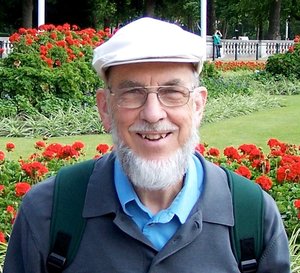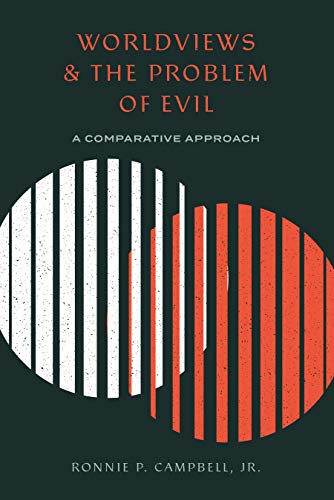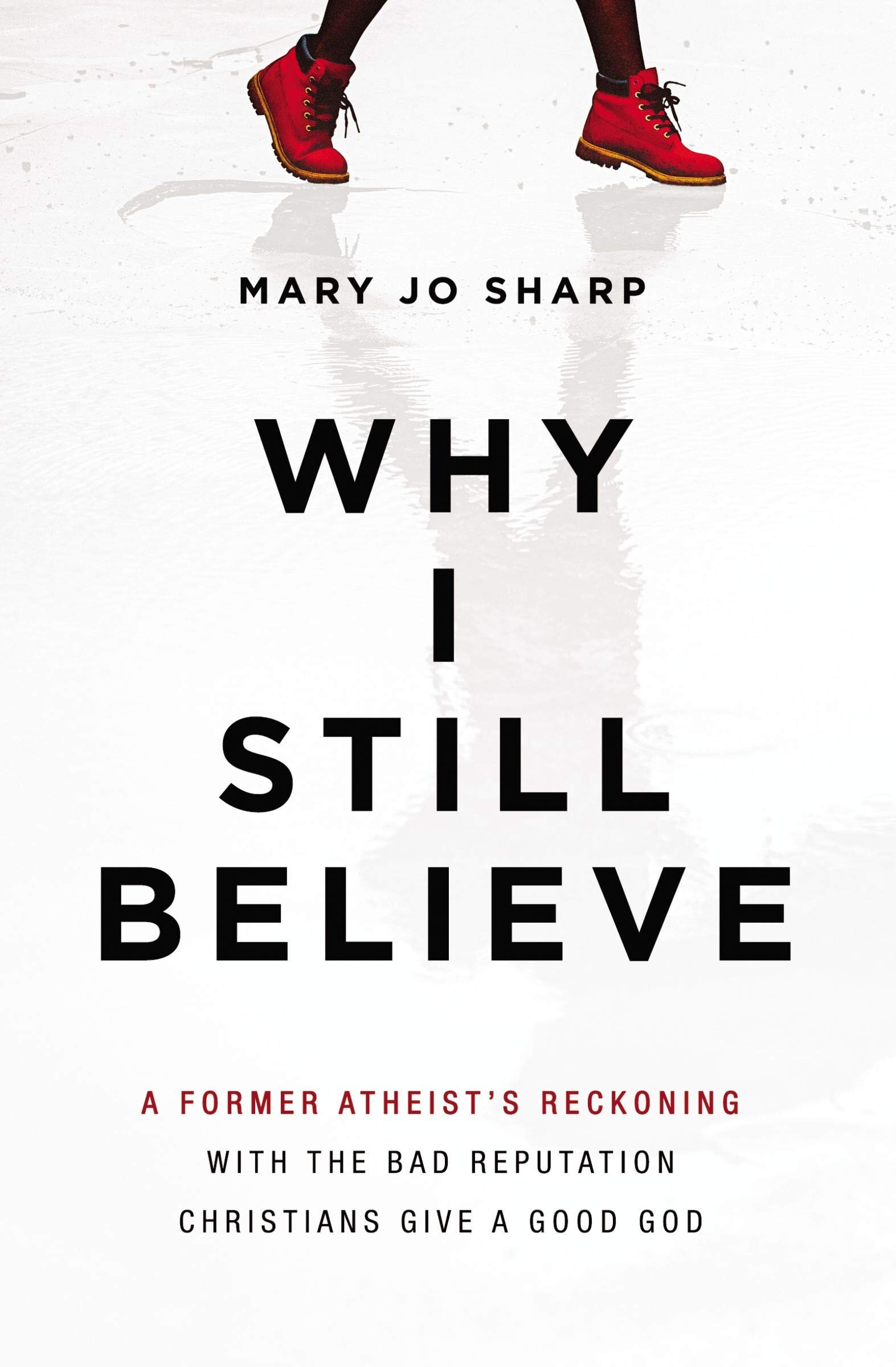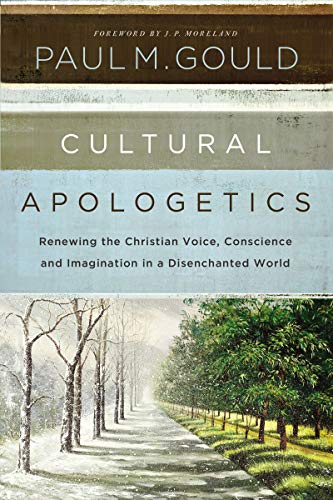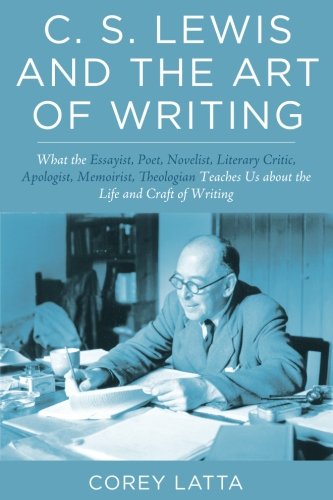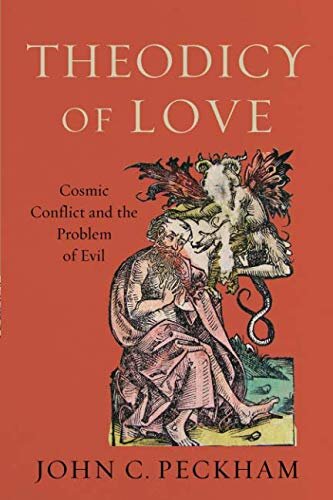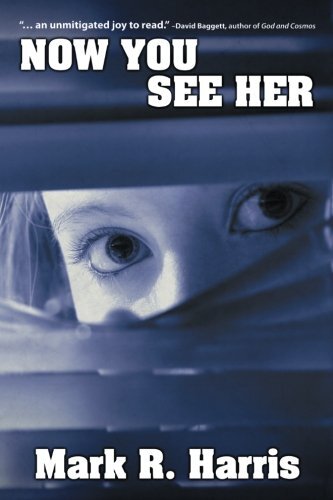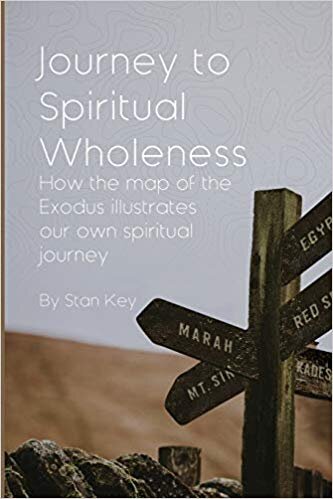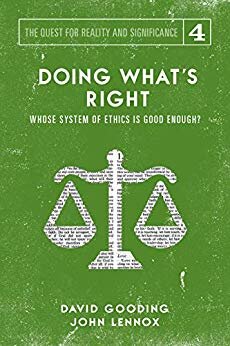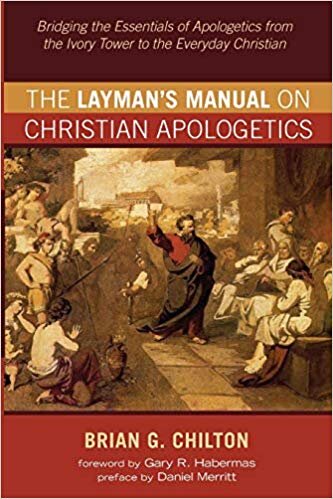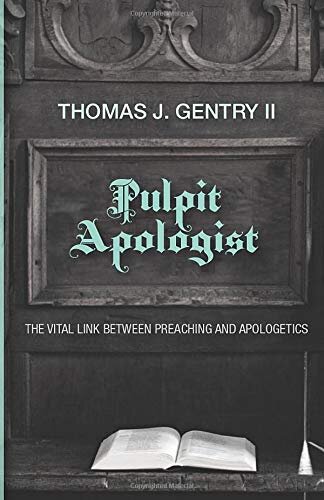Beginning the Graduate School Adventure (Part 13)
/In the summer of 1961, A.C.C bachelor’s degrees in hand, Laquita and I packed our few worldly goods and launched on the trek to Seattle, Washington and the University of Washington. We saved money by camping out in a tiny tent that we had bought back in Abilene. Things went fairly well with our outdoor life, except that our first night was up in the Rockies at about 11,000 ft., and we had no sleeping bags and slept on cots, which insured a good circulation of frigid air above and below us. Our blankets didn’t offer much protection, and we got up early after a miserable night and built a fire to get warm. Another time it was raining, and we didn’t know how to prevent water from coming into the tent, so that wasn’t a very comfortable night either. Then there was the remote campground where there were bears roaming around. One of them came prowling at our campsite, sniffing around our tent while we were having evening prayer; that quickly added another dimension to our prayer! He finally went over to our picnic table and knocked off our sturdy metal ice chest. It broke open and the bear found some cheese to eat and went off. We had a permanent dent in the ice chest, but it was still quite functional. Oh well, it made for good stories afterward—and camping out did save us motel bills. Good thing we were young, so we could rebound from these mishaps in roughing it. We did some further camping afterward, but we were never fond of it.
We made immediate contact with Laquita’s brother, Lester Alexander, and his wife, Doris upon arriving in the Seattle area. They lived in Renton, a suburb of Seattle, where they owned and operated an auction house. They sold everything from household items to antiques, and every Saturday night drew a crowd to the auction, where my brother-in-law, assisted by Doris as manager and cashier and one or two others to transfer the items for sale to and from the stage, engaged in the traditional sing-song patter of the auctioneer, unintelligible except for the beginning “Whattamabidnow?” and “Sold! to number 44.” He was good at it, and the auction was earning them a living at the time. We enjoyed browsing around the auction warehouse when we visited them. We had to be careful during the auction, however, since Lester was always quick to end the bids if he saw we were interested in an item. One time, he thought I wanted a lawn mower and hollered “Sold!” when I scratched my ear. He didn’t make us pay for it and it went back on auction the next week.
We found a place to live in the upstairs apartment of a widowed missionary, Mrs. Edmunds, who had spent many years in China, of which she shared many of her experiences. She was a somewhat quirky lady, though, and we occasionally got crossways with her. She let us keep our car in her vacant garage, which was a convenience, but next to the driveway was a bush that brushed against the car when I was driving into the garage. I asked her if I could trim the annoying bush, to which she agreed. But it turned out that she and I were thinking of different bushes, and I proceeded to trim a bush that she had been carefully cultivating. She saw me out the window and opened it to yell at me to stop, accompanied by a glare that would have melted steel. She confessed that her Christian charity was sorely tested by my blunder. Another time, she informed me that my dropping my shoes on the floor above her when I took them off at night was very irritating, so I learned to set them down gently. She was kind at heart, though, and it was a well-kept accommodation.
Living in a large northern city and attending a big state university were a culture shock, both in Seattle and, later, Pittsburgh. I was not used to being regarded as something of a Southern hick, who really wasn’t much acquainted with the sophisticated setting of an urban (and urbane) academic institution. In addition, some people smirked at my wearing my Christianity on my sleeve by sporting a big “Abilene Christian College” decal on my briefcase. I had rather ineffective debates with one of my professors, Dr. Jacob Korg, who taught Victorian literature and the novel. He tried to enlighten me about the deficiencies of Christian Scripture, pointing out that Jesus endorsed perpetual poverty for some people when He said, “The poor you have always with you.” That greatly offended his socialist philosophy.
The great bright spot in that year was my friendship with Dr. David Fowler, who was my graduate advisor. He was a respected textual scholar in medieval literature, particularly of the works of the Pearl Poet and the writer of Piers Plowman, both of which were subjects of my doctoral dissertation a few years later. Dr. Fowler was a true Christian gentleman. My first meeting with him was in an elevator on the way to a gathering of Woodrow Wilson scholars held before we had been introduced to any of the faculty. I asked him if he was one of the graduate students, and he politely said, no, he was a member of the faculty. I hope he was flattered that I misjudged his age.
I was very sorry to leave the University of Washington at the end of the year, but, although the University was given a certain amount of money for each Wilson Fellow who attended, they were not required to spend it to support those Fellows. I was offered only minimal student aid for my second year, perhaps because I compiled only a 3.5 GPA for my first year, rather than a perfect 4.0. However, I didn’t put all my eggs in one basket and applied for other sources of student aid. I hit the jackpot when the University of Pittsburgh offered me one of its Mellon fellowships with about the same benefits as the Wilson Fellowship, a full ride with tuition and living stipend. When I went in to see the director of student aid about what had happened, he told me I could have had a teaching fellowship if I had stayed, and that my degree at Pitt would not be as prestigious as one from U. of Washington. He might have been right, but it seemed a bit arrogant of him to tell me so, in a tone of voice that said, “If you don’t have the good sense to know how good we are, we’re better off without you.”
For our second semester at U. of Washington, we were offered a six-month tenancy house-sitting for one of Laquita’s fellow teachers at the elementary school where she was employed. Since we weren’t on a lease arrangement with Mrs. Edmunds, we took the offer. The house was in a very good neighborhood and had a view out its front picture window of Mt. Rainier and the Cascades range when the weather was clear; that was a magnificent sight! That was the best housing deal we had during our whole academic experience.
Another significant experience during this year was Seattle’s being the site of the 1963 Word’s Fair, for which the still-famous Space Needle was built. It was in the spring, and several relatives and friends availed themselves of our spacious house as a place to stay when they came up to the Fair. We ourselves attended a few times, the only time in our lives when we were on the grounds of a World’s Fair. As is usually the case for such events, it was huge, spectacular, and memorable.
We had two pleasant excursions that I remember from that year. One was a boat trip up the Skagit Valley, conducted by a local utility company to view its hydroelectric generating facilities. The setting was breathtaking, and the information on the production and transmission of electric power very educational. The other trip was up into the mountains of Mt. Rainier National Park to camp out and do some trekking on the trails. That, too, offered tremendous views and experiences of nature. I think it was on this trip that a bear broke into our metal ice chest, left out on the picnic table, to find something to eat. He put a dent into the chest, but didn’t do further damage, since the lid latch came loose and he got whatever he wanted to eat. We used that dented old ice chest for many years after that, and it several times occasioned a good story about the source of the dent.
We had a very satisfying church experience while we were in Seattle. We attended a Church of Christ downtown, and we made some rich friendships, although we didn’t maintain them long after we moved to Pittsburgh. We participated in a choral group conducted by Dick Still, and we spent some social time with him and his wife, Betty. Her middle name began with a “B,” and they liked to joke about her being “Betty B. Still.” I taught some adult Sunday School classes. The preacher J. C. Hartsell, was young and dynamic and delivered meaty sermons, and I had some good conversations with him when we met occasionally for lunch. Interestingly, we made acquaintance with a student from Seattle Pacific College, which was associated with the Free Methodist Church; later, in Michigan, we twice were members of a Free Methodist Church, and our daughter Liann married into a Free Methodist family.
We finished our year in Seattle, packed up our 1950 Plymouth, and headed to Pittsburgh in the summer of 1963, via a visit to relatives in Texas. Ahead of us was an entirely different kind of city from Seattle, gritty, industrial, and still soot-stained from its days as the steel capital of the nation. But our three years there was also rich in friendships and cultural experience, as well as being the site of my major doctoral work.
Dr. Elton Higgs was a faculty member in the English department of the University of Michigan-Dearborn from 1965-2001. Having retired from UM-D as Prof. of English in 2001, he now lives with his wife and adult daughter in Jackson, MI.. He has published scholarly articles on Chaucer, Langland, the Pearl Poet, Shakespeare, and Milton. His self-published Collected Poems is online at Lulu.com. He also published a couple dozen short articles in religious journals. (Ed.: Dr. Higgs was the most important mentor during undergrad for the creator of this website, and his influence was inestimable; it's thrilling to welcome this dear friend onboard.)



























